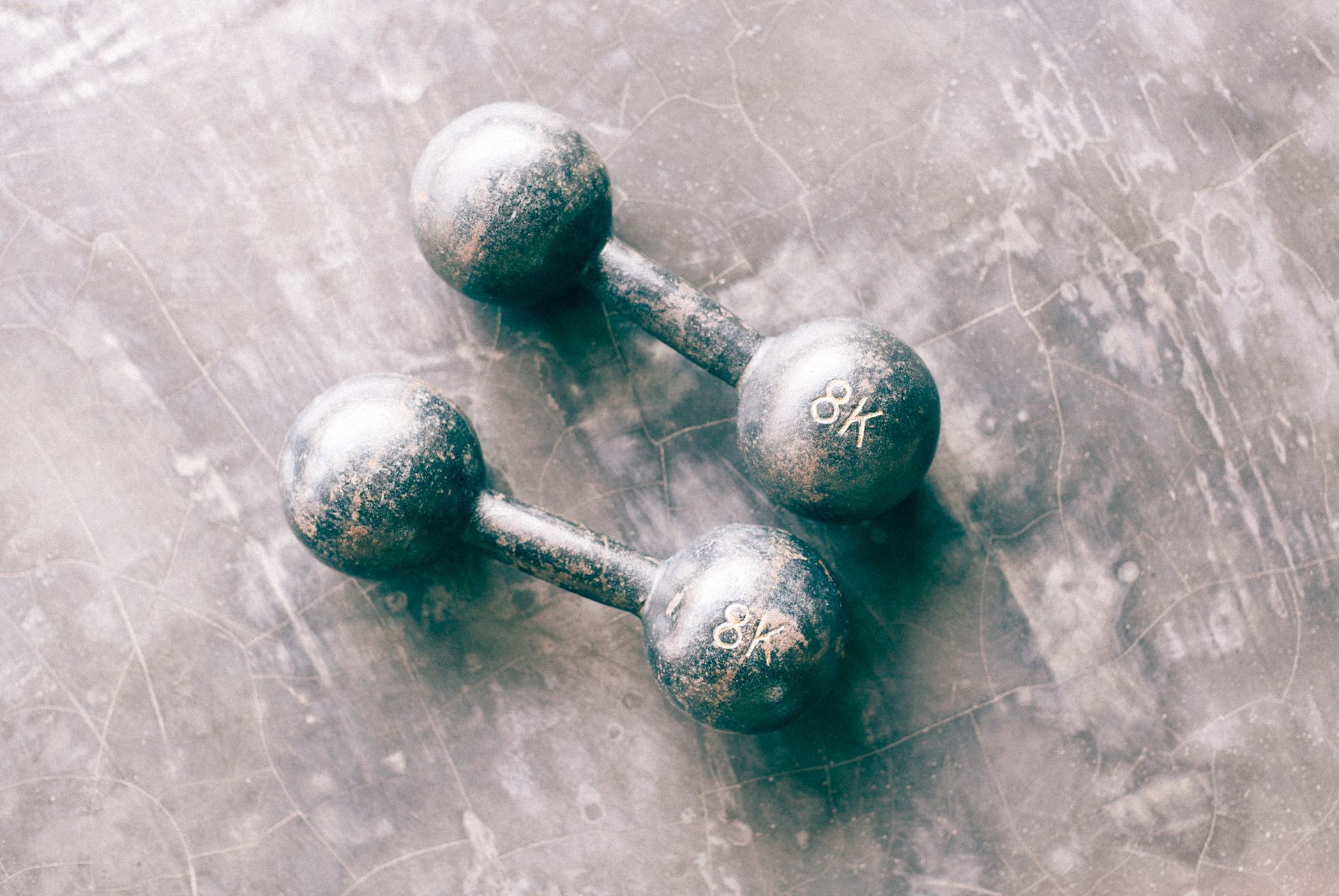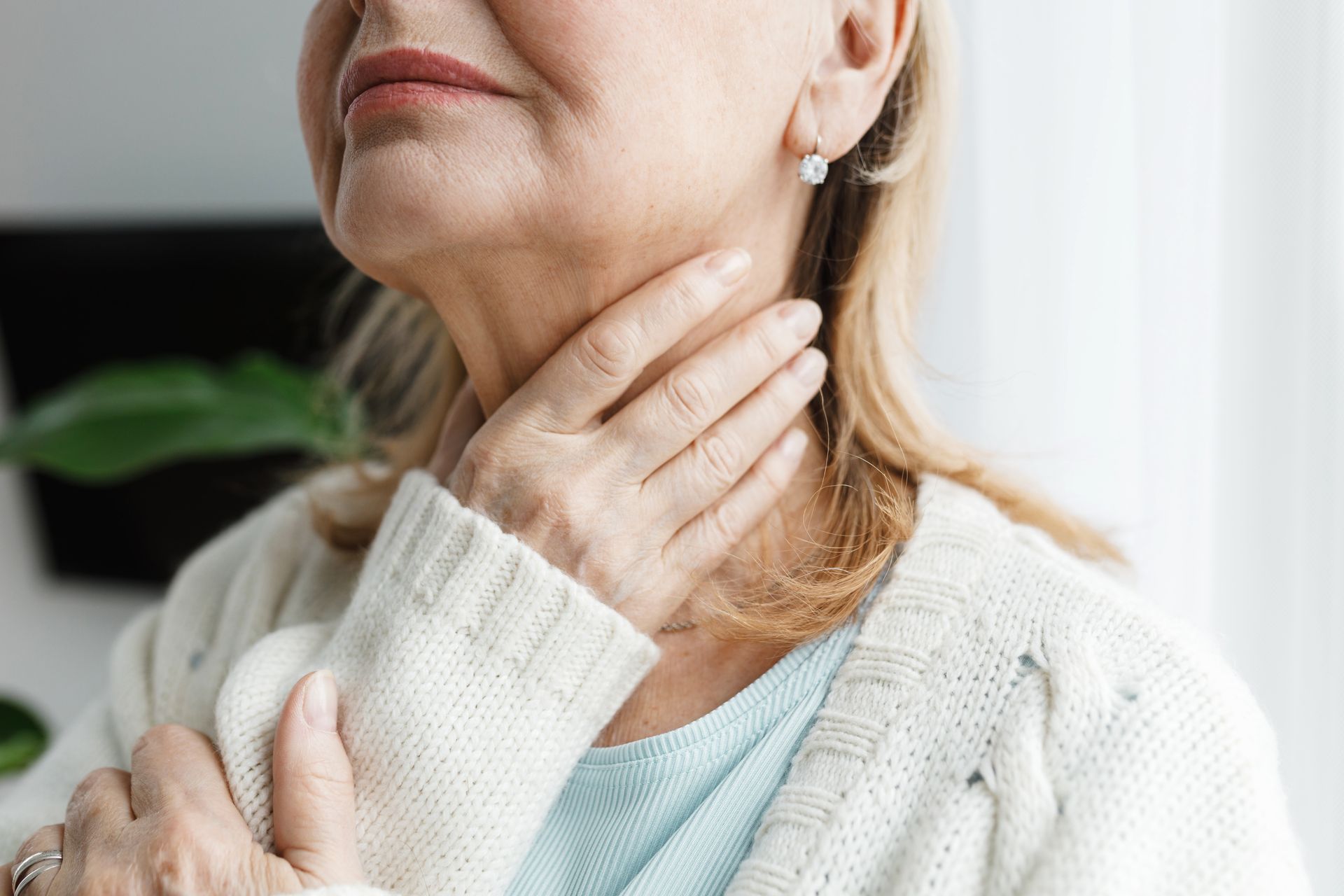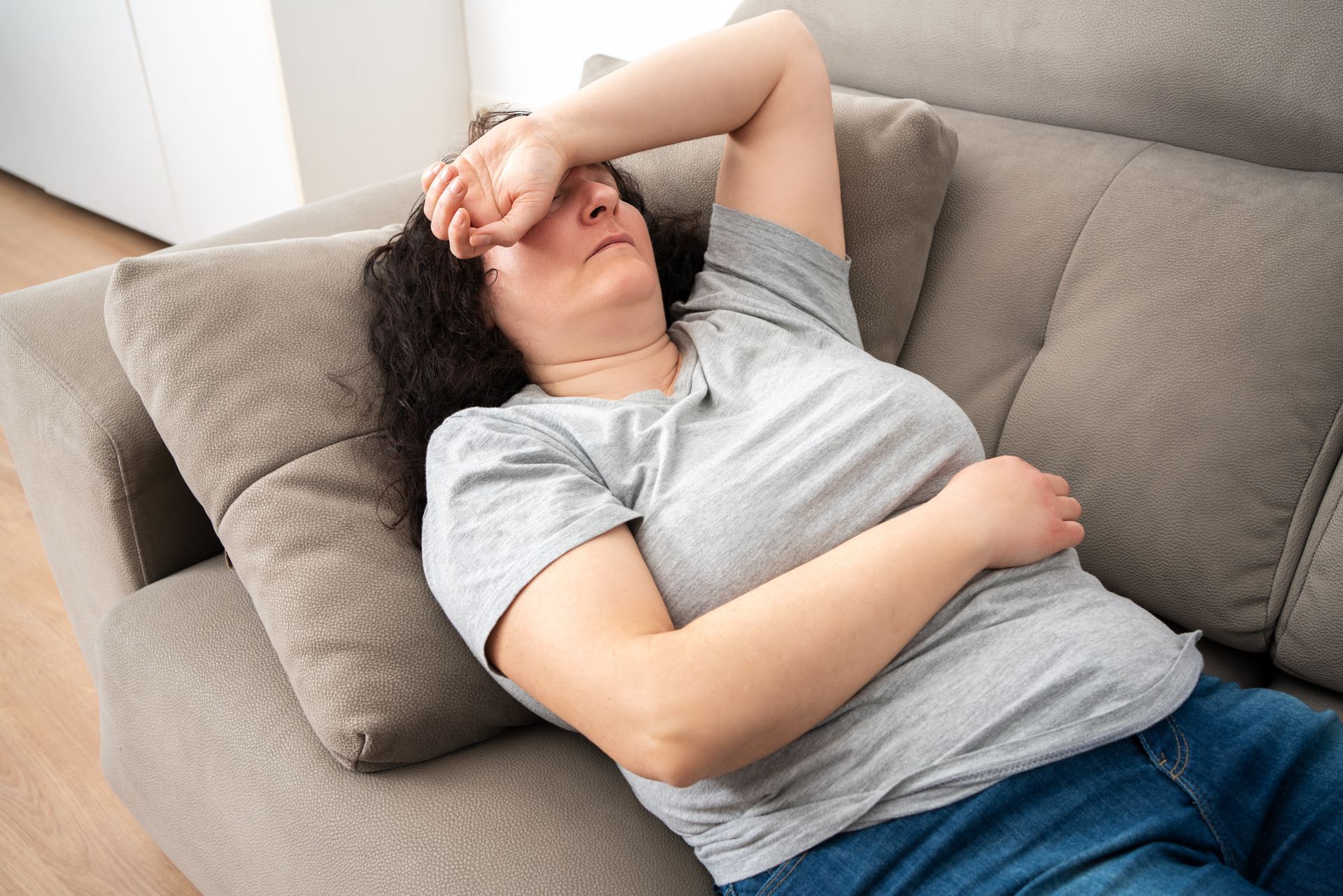How Does Weight Factor Into Wear and Tear On Our Joints?

Osteoarthritis, also known as degenerative joint disease, it is the most common chronic condition of the joints and the most common form of arthritis, affecting nearly 27 million Americans alone. Defined by the breakdown of protective cartilage on the ends of bones, osteoarthritis can affect any joint in the body, but primarily affects the hands, knees, hips, and spine. Essentially, the cartilage provides a smooth movement area and a buffer for bones in joints. The breakdown results in bones rubbing and chipping, which is painful, causes swelling, and can even result in bone “spurs” in the joints.
While the process cannot be reversed once it starts, many methods can be utilized to manage existing symptoms and also further prevent it from forming. Maintaining healthy eating patterns, staying active, and maintaining a healthy weight have all shown to be effective at treating and staving off the disease.
Weight and Joint Pain
Fact : Being only 10 pounds overweight increases the force on the knee by 30-50 pounds with each step.

This ultimately depends on your overall weight, but a good estimate to how much pressure your knees receive is approximately 1.5x your bodyweight. So a 200lb man puts around 300lbs of pressure on his knees just from walking. Once you start to consider inclines or stairs that number jumps up even higher. Being overweight doesn’t just take a toll on your knees, it puts stress on your hips, ankles, and spine as well. Something as simple as getting in and out of chairs can put three to five times your weight on your lower joints!
It goes without saying that one of the best and most effective ways to stave off joint issues is to reduce the impact they receive, and the best way to do that is to reduce the unnecessary weight (fat) and build its secondary support (lean muscle). This is accomplished through proper diet and exercise. Of course, it also goes without saying that proper diet and exercise isn’t as easy as just typing it on the screen.
Rejuvime MedicalBaton Rouge, La Office: (225) 960-1580
The post How Does Weight Factor Into Wear and Tear On Our Joints? first appeared on Rejuvime Medical.
Get in Touch
Questions? Contact us today by phone or book an appointment online.
Questions? Call our office:
(225) 228-3128





